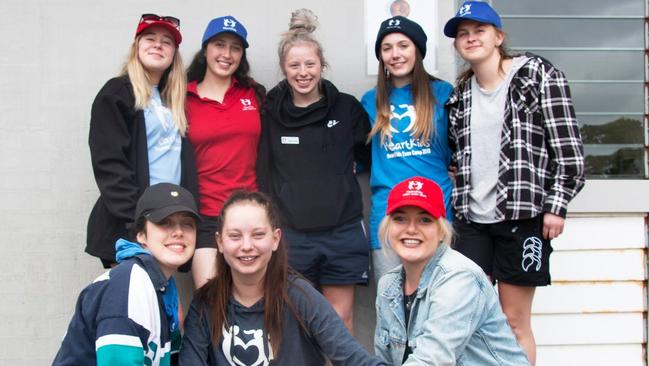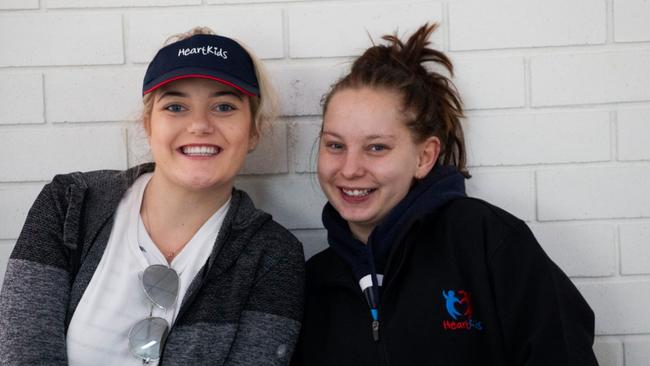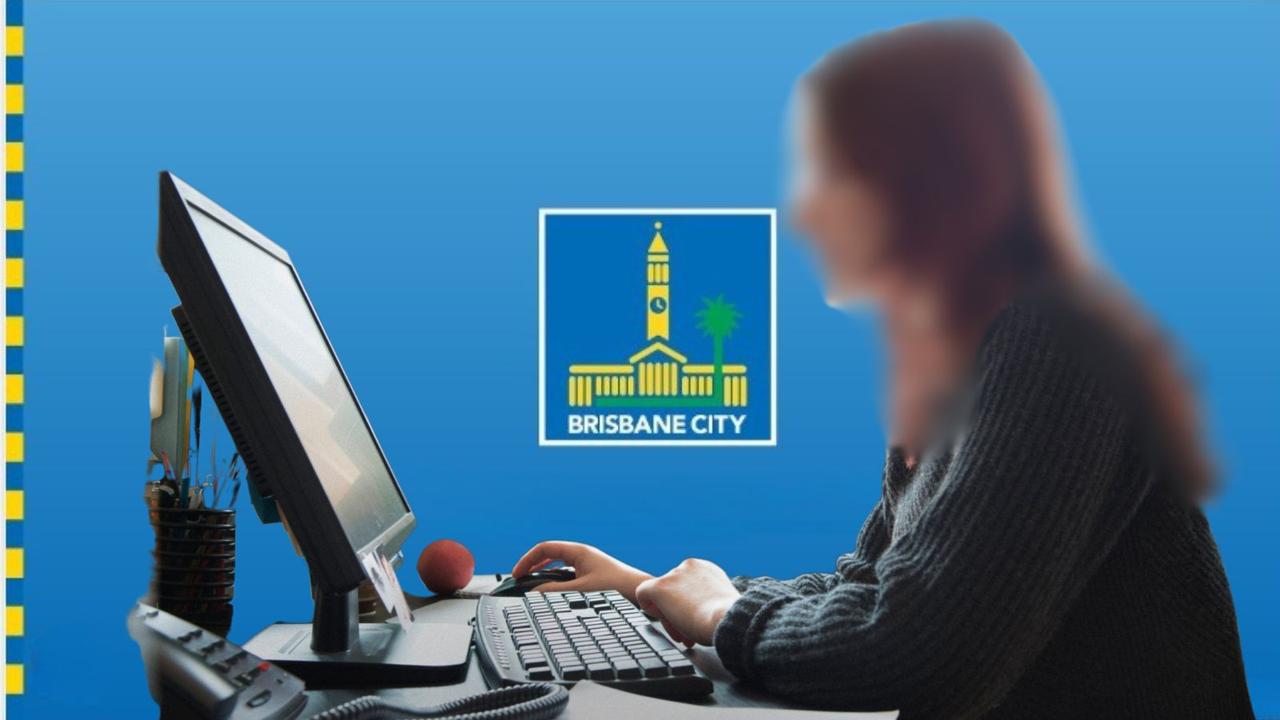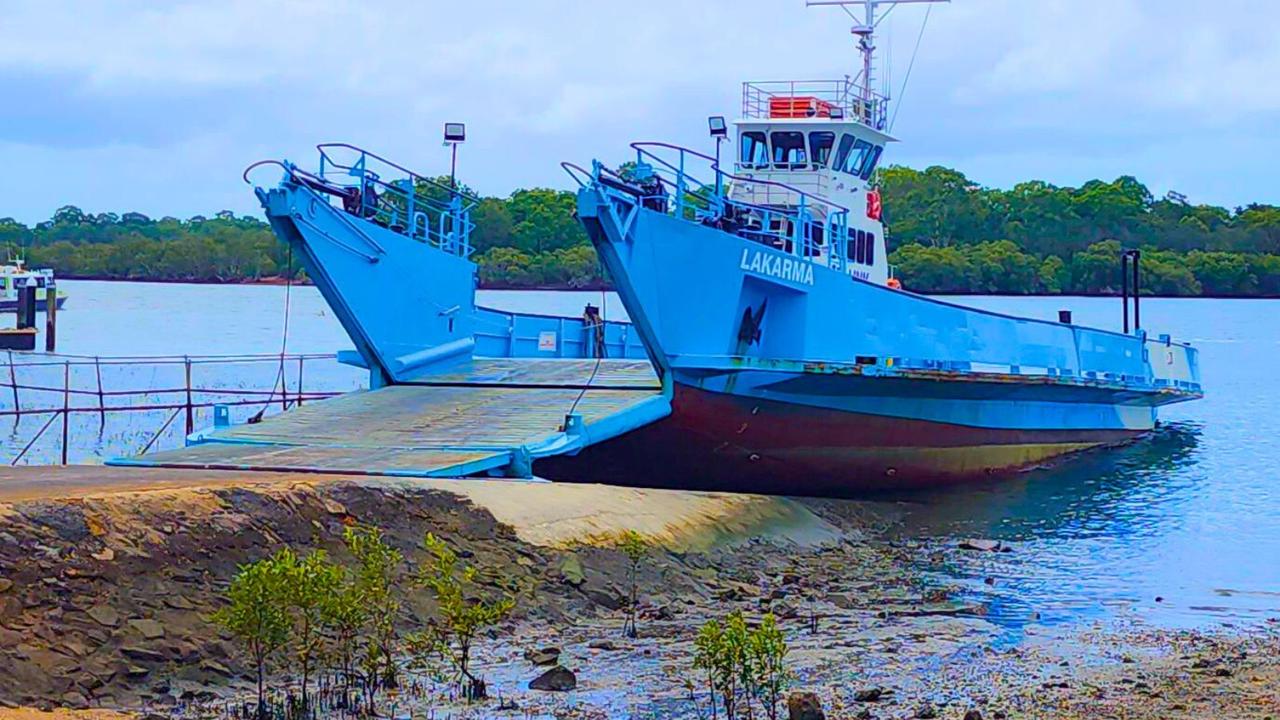A Redcliffe teen, with a congenital heart disease, is helping other children with the same issues
Ainsleigh Friedrich doesn’t remember much of her first four heart surgeries, but says she’s well aware of the “miracle” that is her life.

Moreton
Don't miss out on the headlines from Moreton. Followed categories will be added to My News.
Ainsleigh Friedrich doesn’t remember much of her first four heart surgeries, but says she’s well aware of the “miracle” that is her life.
The Redcliffe 19-year-old was diagnosed with congenital heart disease before she was even born when an ultrasound picked up holes in her heart at the 18-week mark.
Congenital heart disease is the biggest cause of death in children under the age of one in Australia and is the most common birth abnormality according to HeartKids.
She had keyhole surgery to widen the blood flow to her heart immediately after birth, but it wasn’t until she was four that things begun to go downhill quickly.
“When I was four my mum kept diaries,” Ainsleigh said.
“I had four surgeries … that wasn’t working and the doctors were stumped.
“They said there was nothing more they could do and to make her comfortable and she’ll pass away in a few weeks.”
Ainsleigh’s cardiologist sent her medical files to the best heart surgeons around the world and it just turned out that a French doctor was in Melbourne at the time.
He spent 18 hours performing a full arterial switch and installing a mechanical valve, which was a new procedure at the time.

Altogether she’s had seven open heart surgeries now and shouldn’t need another for some time.
“I’m very grateful for my health and life — medically I shouldn’t be here — it’s just a miracle I found the right surgeon at the right time,” Ainsleigh said.
“It changed my perspective on life in general. I was very serious when I was four and at 10 I was very mature.
“Now my friends would say that I’m not serious at time, but life’s a bit too short to be worrying.”
Ainsleigh has recently become a HeartKids Teen Camp “camp champ” as a role model for younger people with congenital heart disease.
She is living a healthy life and will start a placement in Sydney next year as part of her public relations university degree.
“When you go on school camps teachers are weary of you going on high ropes courses and you’re treated a bit like a liability, so it’s easier to not participate rather than something go wrong,” she said.
“At teen camp they have clinicians and doctors on hand so you can experience those things you don’t normally get to participate in.
“There’s the whole psychology aspect too. You can talk about medication and compare scars — my first camp we had a competition to see who had the most stitches and scars — it’s something normal (people) wouldn’t understand.”


